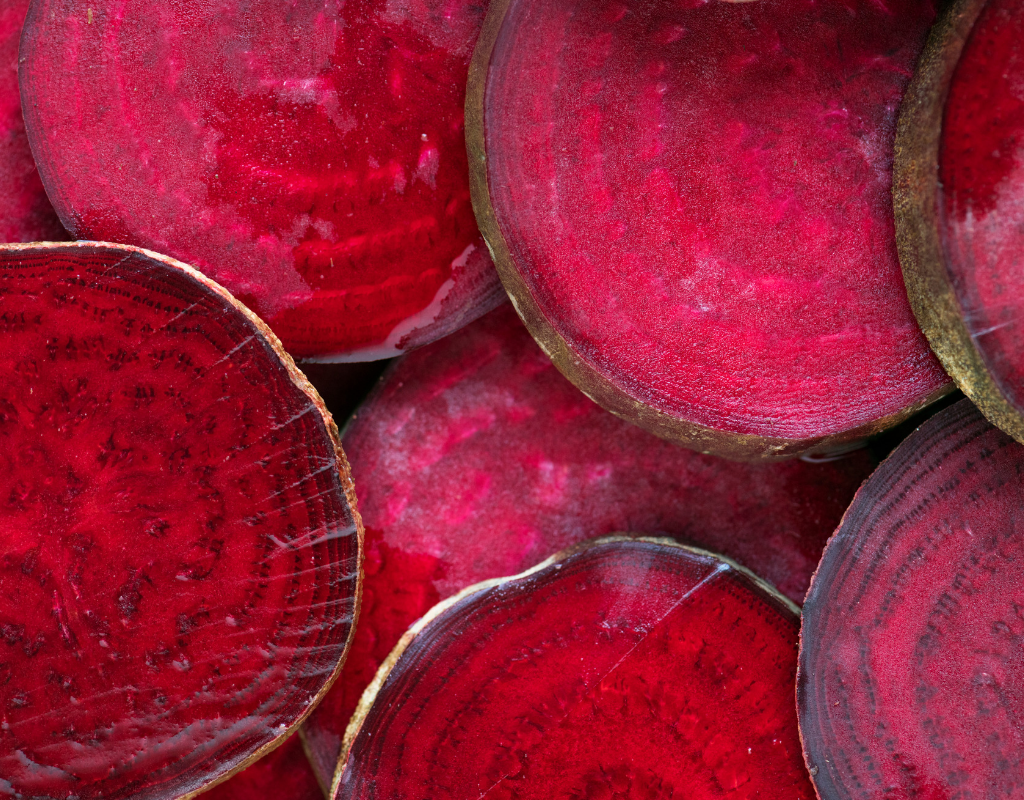Iron, Folate And Folic Acid
It’s easy to get confused with iron, folate and folic acid because they are used interchangeably and often both added to fortify food. Let’s break down the differences and see why they’re so important to make a healthy baby.
Iron is a mineral, folate is vitamin B9 found naturally in certain food and folic acid is the synthetic form of vitamin B9 that is added to food or taken as a supplement.
Iron is an essential element for producing blood.
70% of your body’s iron is found in haemoglobin in your red blood cells. Haemoglobin is the part of the red blood cell that transports oxygen around the body. If you don’t get enough iron, then you can’t make enough red blood cells and you could get anaemia.
Iron deficiency anaemia is common.
If you lose a lot of blood during your period, if you’ve had a miscarriage, given birth or you’re breastfeeding then look out for the signs of anaemia.
If you have iron deficiency anaemia then you could feel tired, dizzy, weak, have a pale face, be short of breath or feel cold all the time.
When you’re preparing for pregnancy, it’s important to get enough iron and enough oxygen to your cells and tissues. The right levels of iron can help you ovulate and improve the quality of your eggs.
Folate is mainly found in green vegetables and beans, whereas folic acid is added to cereals and flours.
Folate and folic acid are important for fertility because they help to copy and synthesise DNA, produce new cells, improve your immune system and support nerve functions. They prevent birth defects, neural tube defects and anencephaly. They are essential to improve the quality of your eggs and your partner’s sperm.
It’s better to eat food rich in folate, rather than rely on folic acid supplements because the body can convert folate more easily. It’s recommended that you eat 400 micrograms of folate per day. If you’re pregnant then it’s recommended you have 500 mcg and if you’re breastfeeding 600 mcg. Sometimes this is hard to do and so it’s important to take a supplement as well. Most prenatal supplements contain 400 mcg of folic acid.
One of the problems is that you might not be able to convert folic acid.
When folate is digested it is turned into the bioactive form called L-methylfolate (also known as 5-MTHF) before it enters the bloodstream and nourishes our tissues.
It is thought that 25-60% of people have a genetic mutation, MTHFR that stops them from converting folic acid and some folate to the bioactive form.
Get tested to find out if you have the MTHFR mutation and if you do then take the bioactive form of folic acid called L-methylfolate (also known as 5-MTHF).
Try to eat as much food that is rich in iron and folate as possible.
A quick way of telling if food is rich in iron and folate is by looking at its colour. Eat food that is dark, like dark green kale and spinach, deep purple beetroot, dark coloured beans like adzuki, black or kidney beans, red meat and liver.
References:
Chavarro J, Rich-Edwards J, Rosner B, Willett W. Iron Intake and Risk of Ovulatory Infertility. Obstetrics & Gynecology. 2006;108(5):1145-1152.
Fett R. (2014). It Starts With The Egg. Franklin Fox. New York.
Frankenburg FR. (2009). Folate supplementation: is it safe and effective? J Clin Psychiatry. 2009 May;70(5):767; author reply 767-9.
Retrieved from: https://www.ncbi.nlm.nih.gov/pubmed/19552872
Sathiyanarayanan S, Sundar J, Madhankumar E, Praneetha A, Kalaiselvi S, Gopinath P et al. A study on significant biochemical changes in the serum of infertile women. International Journal of Current Research and Academic Review [Internet]. 2014;2(2):96-115. Available from: http://www.ijcrar.com/vol-2-2/Sasikumar%20Sathiyanarayanan,%20et%20al.pdf

